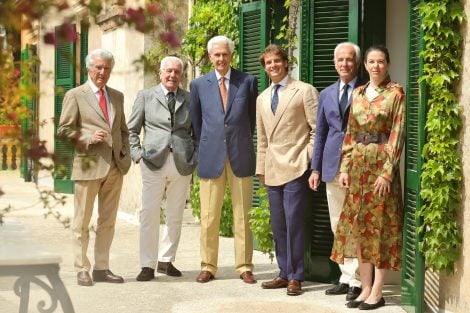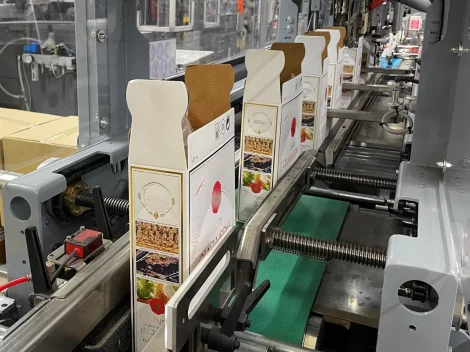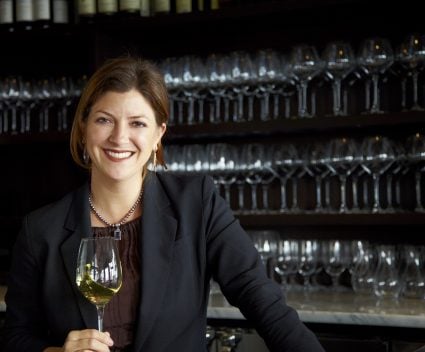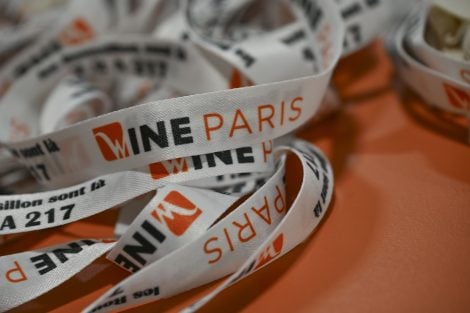We see "only" the 920 meters of Stromboli above sea level, but its base lies about two thousand meters deep in the ocean. A strip of land in the Lipari archipelago and an active volcano in the past. "In the 19th century, it was the most vineyard-covered island after Salina," says winemaker Antonino Caravaglio. From his island, his gaze turns to Stromboli, to carry forward the Vigne di Mare project. A new company aimed at cultivating Malvasia vines on volcanic soil.
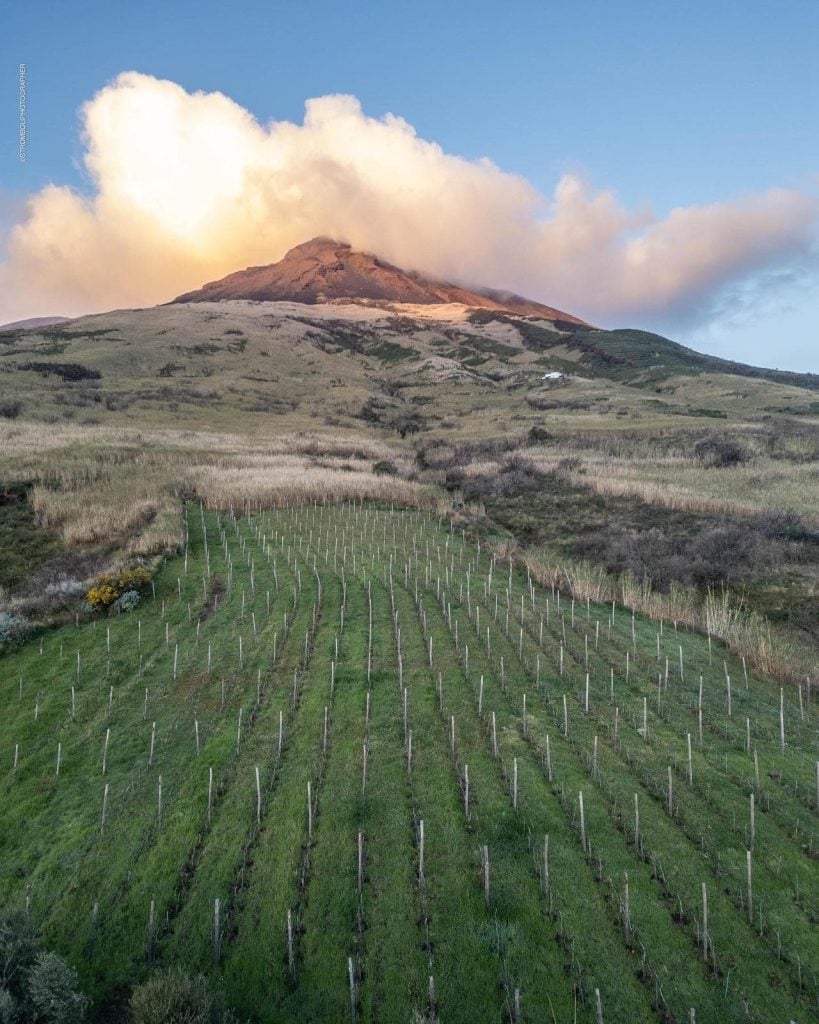
The Salina Estate
The common denominator of his production is the Malvasia di Lipari grape. A starting point, but also the star of production, on which Caravaglio has bet and worked to tell the story of the territory. The company’s range also includes wines based on red grapes like Nerello Mascalese or Corinto Nero, native to the volcanic Aeolian Islands. "The company in Salina was born from the traditional farming roots. My father and mother were direct farmers, we sold in bulk and had a caper production. After studying abroad, I returned to Salina and took the reins of the company, and from the two hectares of 45 years ago we now have about 15 hectares divided into 30 plots."
In enological terms, talking about Malvasia di Lipari more or less directly refers to the passito type. Sunny and sweet wines produced by drying the grapes. However, Caravaglio chose to vinify the grapes to create dry white wines in various interpretations. "Malvasia di Lipari is one of the oldest varieties in the Mediterranean, brought here by the Venetians in the 1600s. In Salina for years, we vinified Malvasia di Lipari for passito. In 2010 we anticipated the harvest and created our dry white. It was the choice to take a path that led to the production of different interpretations of the grape, from aging in wood to skin contact. These non-passito versions all focus on the fact that the grape’s DNA has beautiful freshness and acidity." This choice also aims for a greater understanding of the grape, as well as a starting point for creating contemporary and genuine wines. "Vinification without drying helped me understand the grape’s potential better and allowed me to correct some mistakes. In the past, we harvested too late, and by anticipating the 2016 harvest, we received three glasses and the passito was named sweet wine of the year. We preserved acidity and minerality. By tasting the grape before harvest, you can sense the grape’s salinity, which taught me to make a more modern Malvasia."
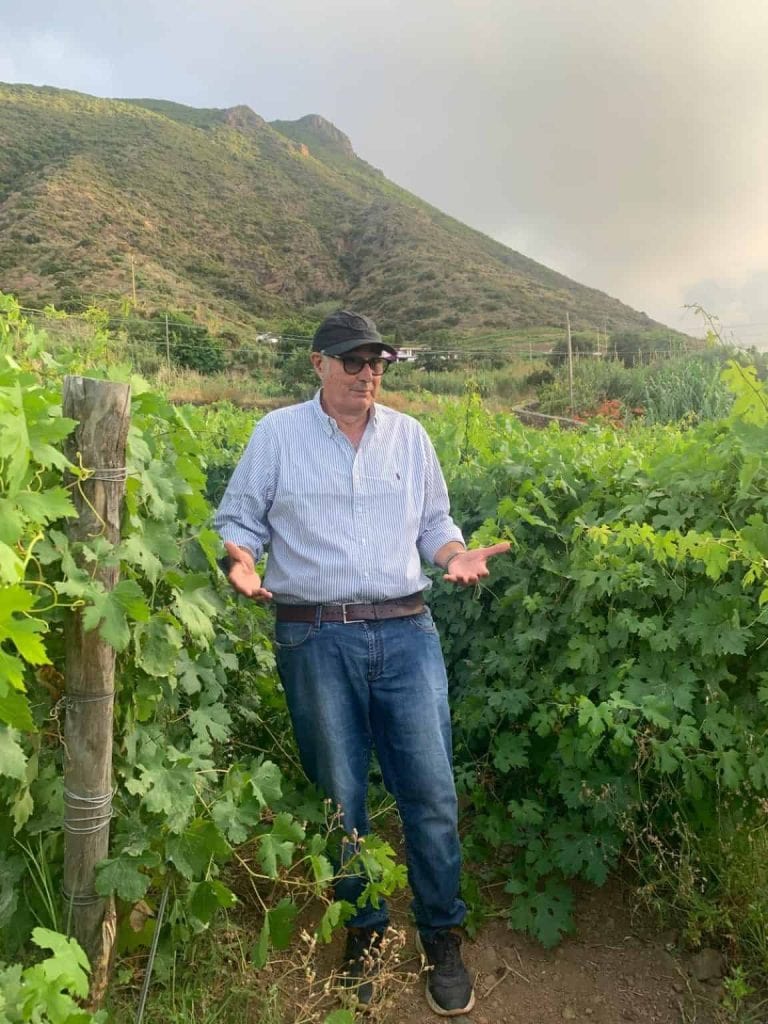
The new project on the Volcano
Until the arrival of phylloxera, Stromboli had a thriving vine-based economy. "When you arrive, you can see wonderful terraces at an altitude of 300-400 meters that testify to the viticulture of the past," says Caravaglio, adding, "The southeast slope of the volcano was cultivated with vines, but also figs and fruits that were dried on a beach." The aphid invasion had devastating effects on the Aeolian vineyards. The first edition of the Touring Club of Italy Guide from 1919 reports, "The wine of Stromboli, rare, is excellent, but highly alcoholic." Eruptions in 1930 and downy mildew caused vintners to abandon the remaining crops. In 2016, the Vigne di Mare company was born with the project of replanting vineyards on the northernmost island of the Lipari. "Vigne di Mare is the other company I am a partner and manager of. It was born out of love for the island-volcano and attraction to this beautiful corner of Sicily. I watched it from afar and wanted to cultivate Malvasia there too, always for dry white wine. I shared the project with my friend and we built the company. In total, we have 5,000 square meters of vineyard from which we produce between 1,200 and 1,400 bottles."
Cultivating on an active volcano certainly has poetic tones, but it is not without obstacles or unexpected events. "We were lucky because it’s the only green space that was saved from the fire caused by the emission of incandescent lapilli. I am very attached to this project because I want to show that you can cultivate vines in this splendid setting that gives unique characteristics: the wines smell of wild plants, are sapid and have character. But it should not surprise: the wine encapsulates the territory in a glass." Another element to consider is water, "which is becoming an increasingly scarce and precious commodity here." Rainfall is rather modest, but the soil’s conformation helps mitigate this problem. "Malvasia is a native grape that has adapted to this territory and withstands drought well. The volcanic soils, at different depths ranging from 80 cm to two and a half meters, have a lava slab that retains water."
The Wine of Stromboli
"We called it ‘Vertical.’ Both because the volcano rises perpendicularly from the sea and because we cultivate the grapes on these slopes, and because in the mouth you find a characteristic nerve and mineral freshness."
Verticale 2022 - Vigne di Mare

The nose tells the story of a Sicilian island landscape: scents of iodized air, Mediterranean scrub, and floral notes of broom, but it’s the rocky and smoky notes of peat and lava stone that speak of the soil where the vines take root. The nose’s intensity is found in the mouth. A well-defined sensation of fleshy peach spreads on the palate, accompanied by a mineral and sapid sensation. The long persistence of the finish brings out notes of fresh almonds and the returning sensations of flowers and sea salt. An intense and rare wine.

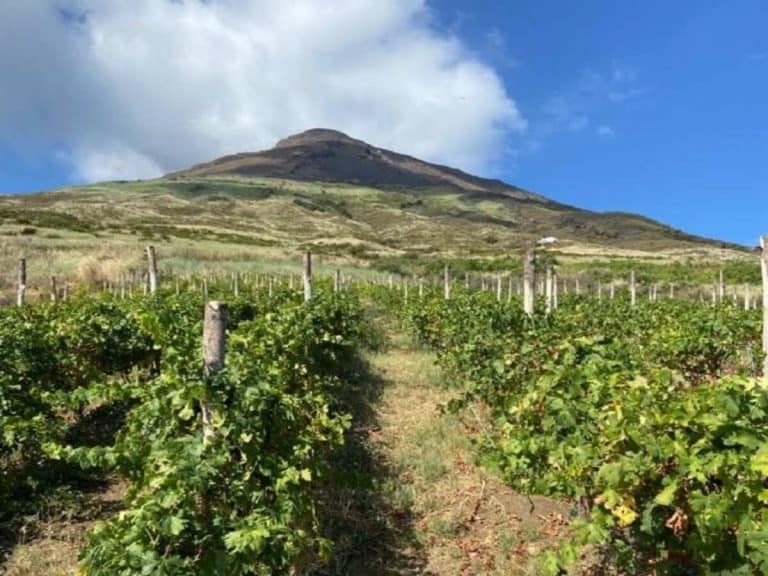
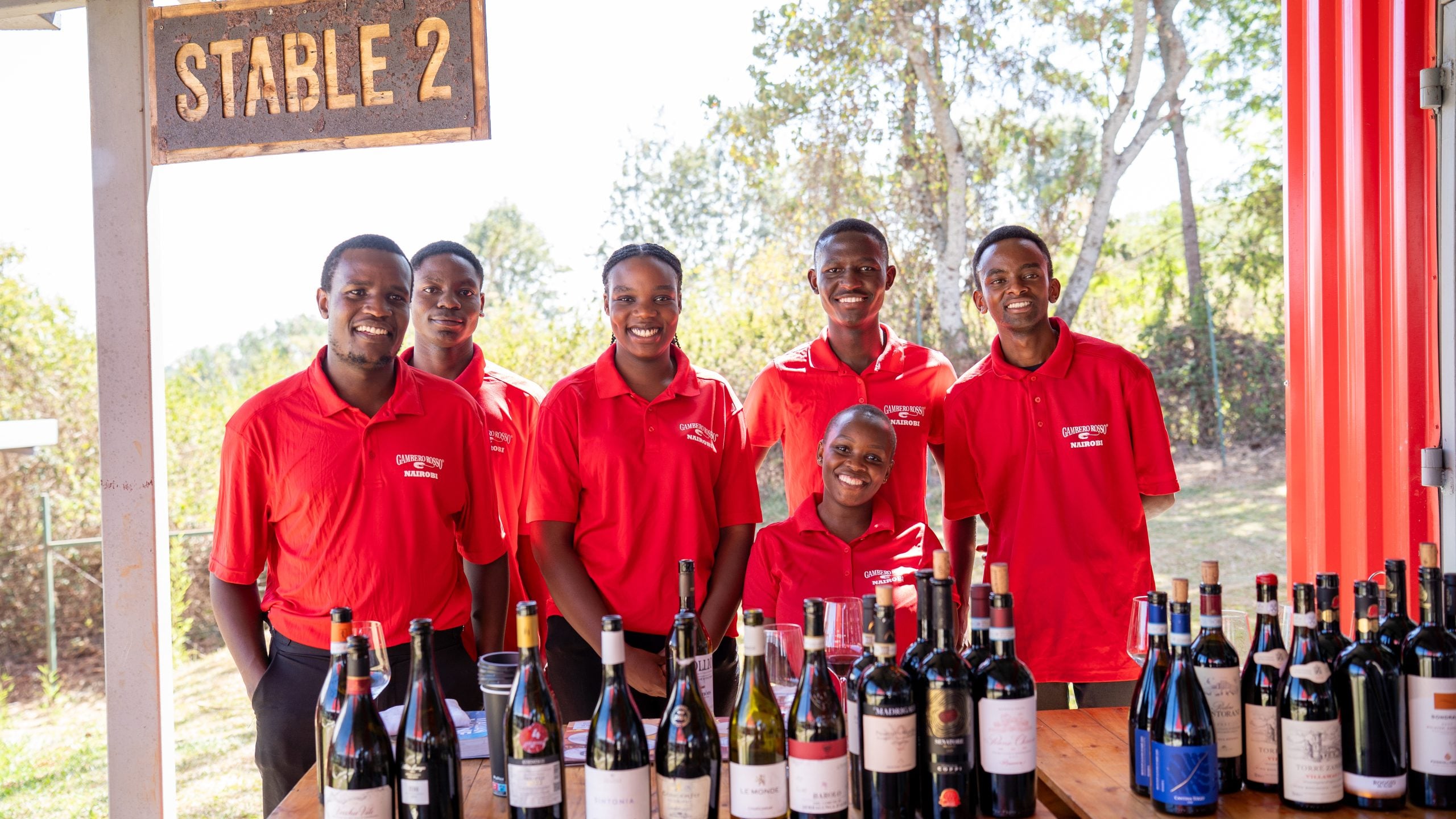 The Top Italian Wines Roadshow returns to Kenya
The Top Italian Wines Roadshow returns to Kenya Why 'restraint is a virtue' for a top Prosecco producer
Why 'restraint is a virtue' for a top Prosecco producer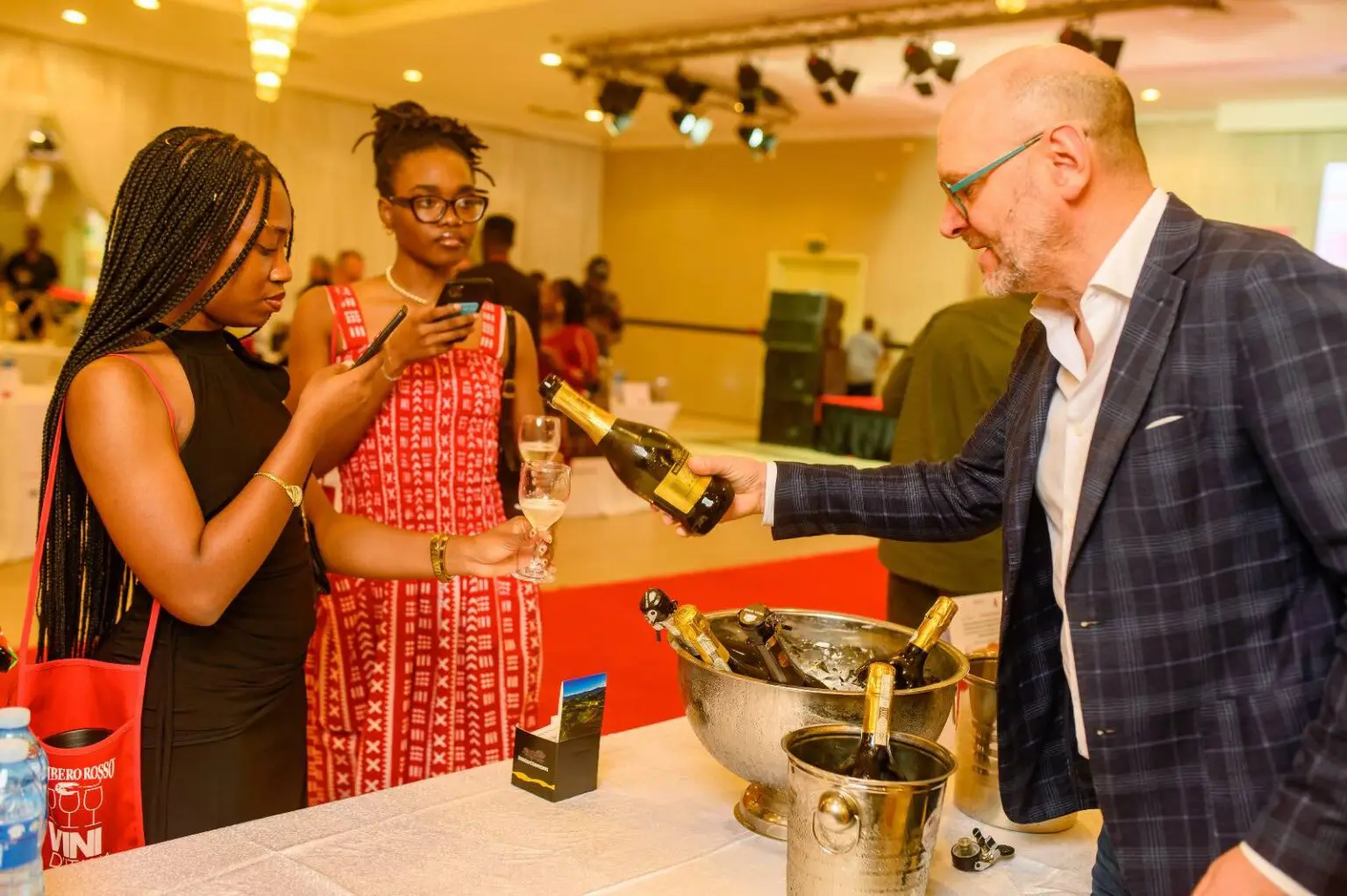 Gambero Rosso in Nigeria: a new strategic market for Italian wine
Gambero Rosso in Nigeria: a new strategic market for Italian wine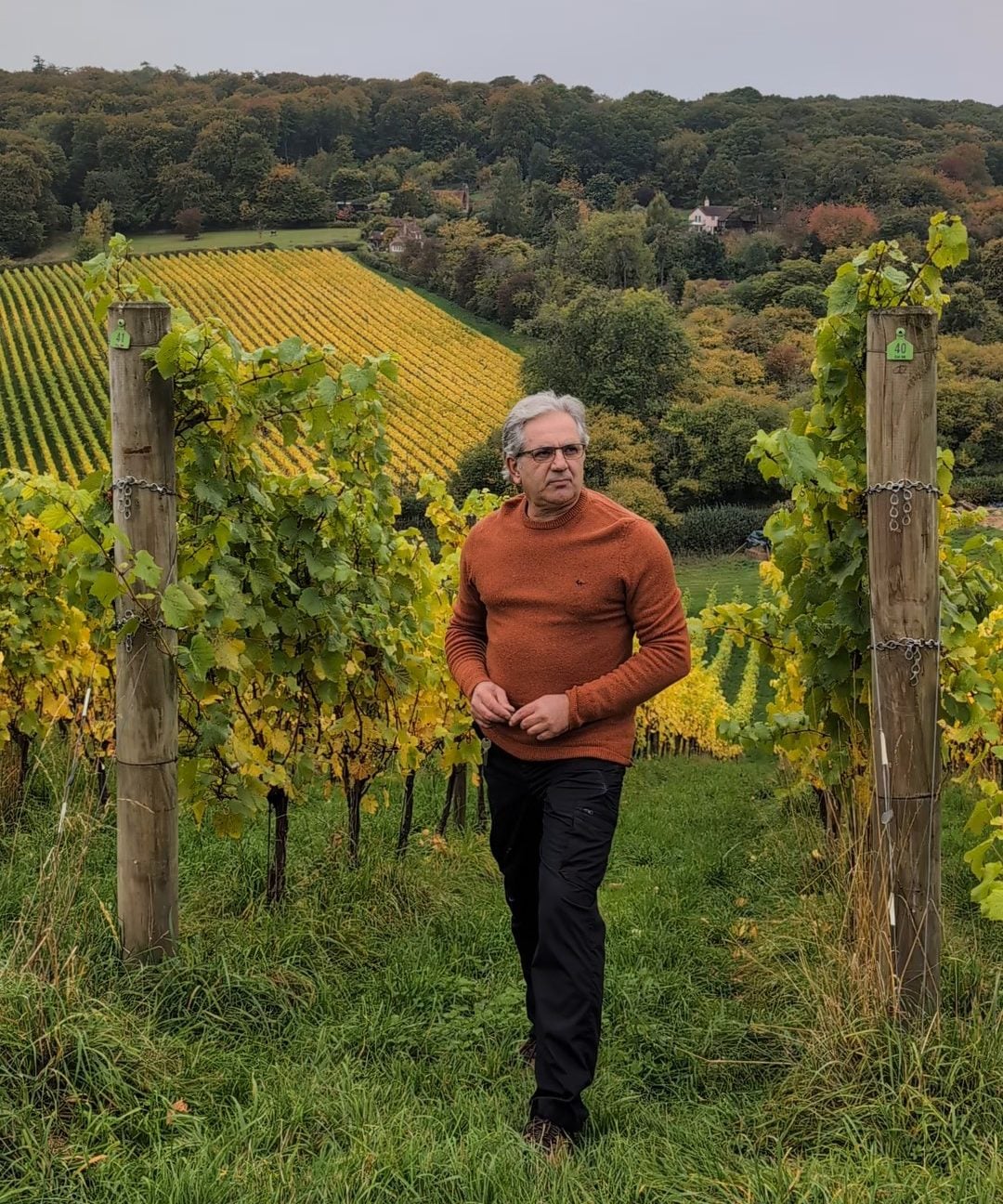 Meet the Italian viticulturist who manages an English vineyard
Meet the Italian viticulturist who manages an English vineyard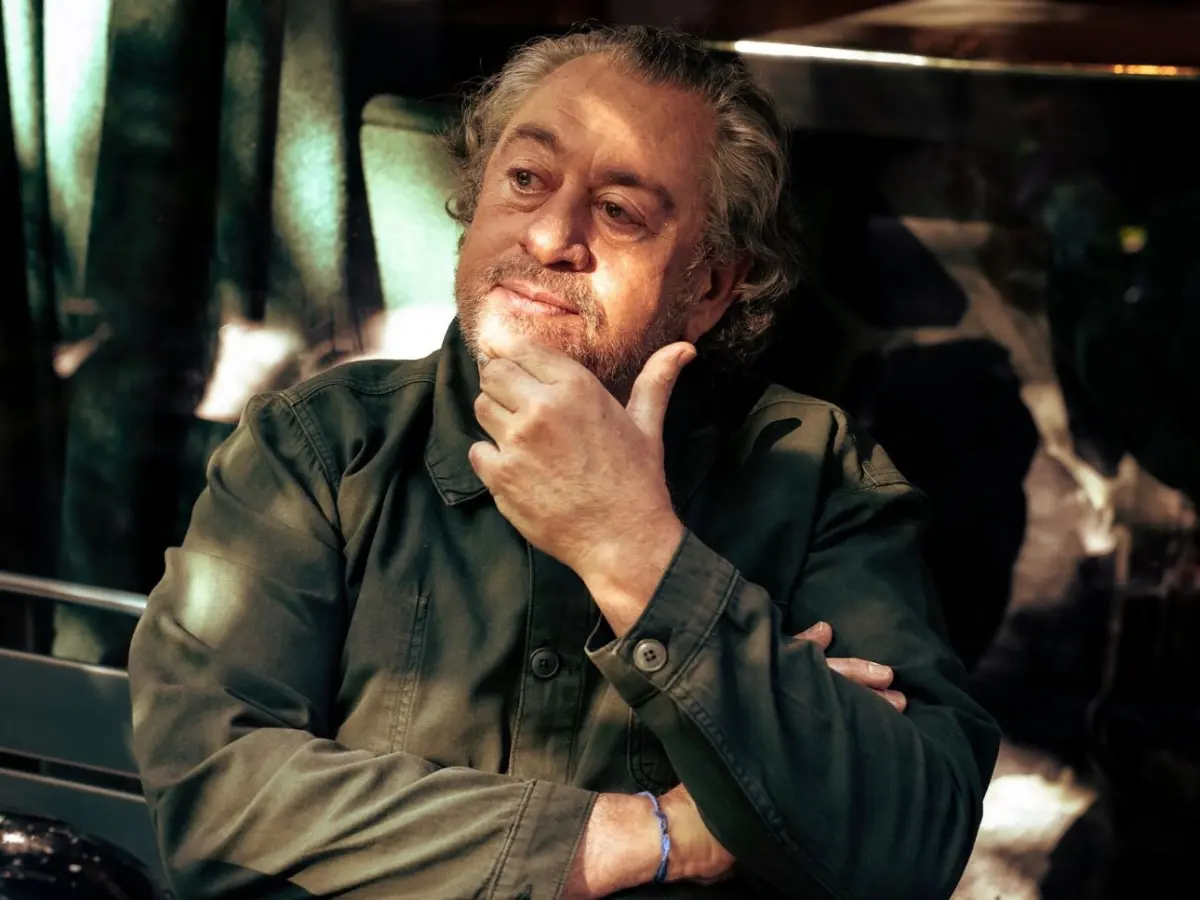 The Paris restaurant where a different tasting menu is served every day
The Paris restaurant where a different tasting menu is served every day